Noticia
UPS researchers and doctors work together to build a bone prosthesis with biocompatible material
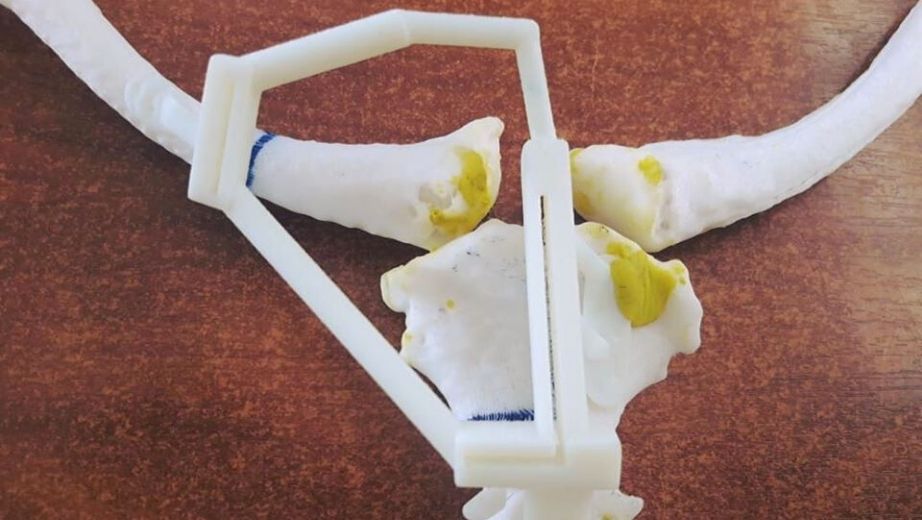
Researchers from the university's New Materials and Transformation Processes Research Group (GIMAT for its acronym in Spanish) and StartLabs (Prototyping and fast production laboratories in the university) worked alongside doctors from the city of Cuenca on the design and development of 3D printed surgical guides and a bone prosthesis that will be used in surgery of an adult patient.
The joint work of doctors and UPS researchers from the field of modeling and optimization, consisted of creating a mold (surgical guide) to accurately make cuts in the affected bone and a personalized 3D printed prosthesis, based on which doctors made an implant from material that is compatible with the human body. During surgery, a bone tumor located at the junction of the clavicle with the sternum on the right side was removed and the bone affected by the tumor was replaced by the implant, thus carrying out joint reconstruction.
The surgical team was made up of Dr. Nathalie Pinos (Thoracic Surgeon) and Dr. Jonathan Vázquez (Plastic Surgeon); the design and 3D printing of the surgical guide as well as the design of the internal prosthesis was done by Freddy Moncayo (UPS researcher); the bone models and the prototype of the implant were 3D printed by Dr. Pablo Peña Tapia (Neurosurgeon) who cooperates with GIMAT.
This contribution strengthens the link between scientific and technological development of UPS with medicine, thanks to the agreements it will be possible to continue working cooperatively in the design of implants and other medical devices that will be available in the cloud and will be free for surgeons who wish to download, print and use them.
The GIMAT Research Group works to establish a highly specialized center in the development of prostheses, cutting guides and surgical instruments, printing with bio-compatible materials, as well as developing new research projects to innovate the design of implants and make them less invasive to the human body.
"This undergraduate program is capable of establishing a highly specialized center in the development of prostheses, surgical guides and surgical tools, therefore we will print with biocompatible material and show our support to the community", said Jorge Fajardo, director of the Mechanical Engineering undergraduate program.
Contenidos Relacionados
Contenidos Relacionados
Noticias Relacionadas
Noticias Relacionadas

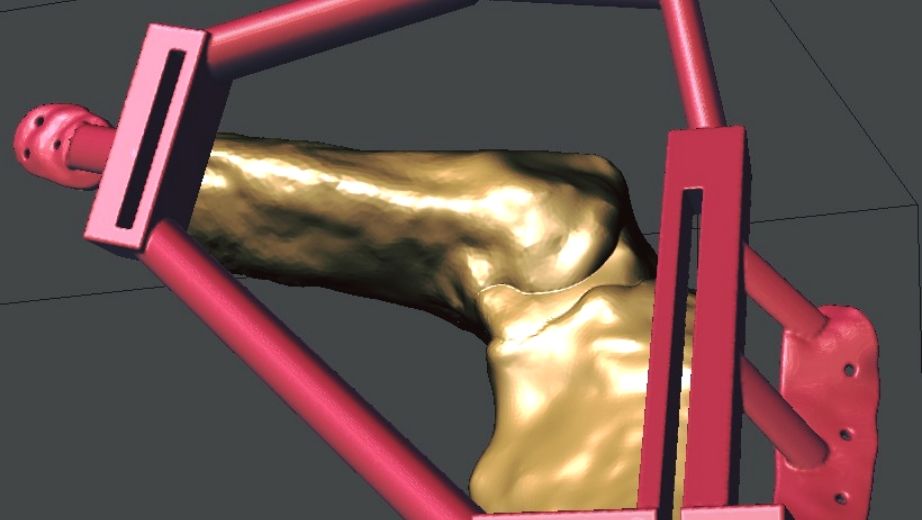
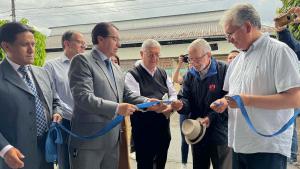
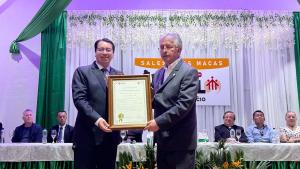
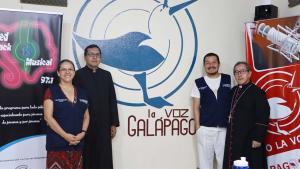
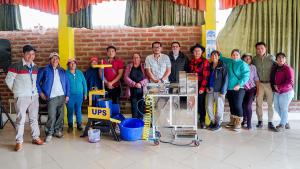
Follow us
Follow us